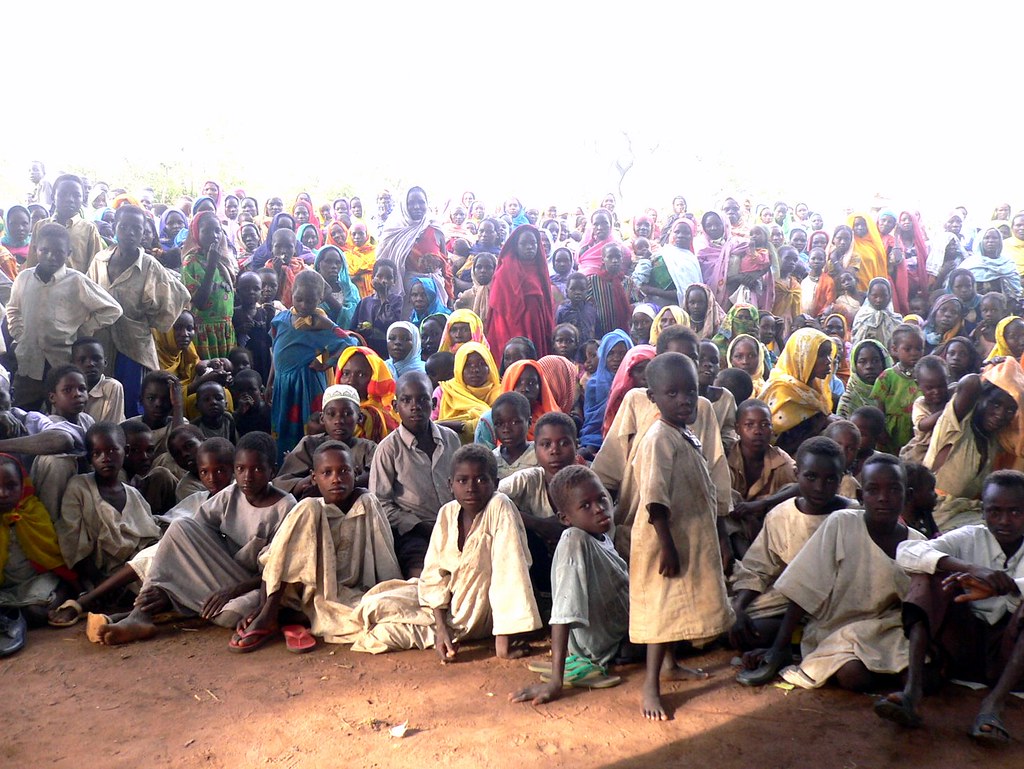What are the reasons for the emergence of starvation in society – Starvation is a severe issue that affects millions of people worldwide. It is a situation where a person does not have access to enough food to meet their basic nutritional needs. Starvation can have long-term consequences on health, such as malnutrition, stunted growth, and weakened immune systems. In this article, we will discuss the reasons for the emergence of starvation in society.
Poverty
Poverty is a leading cause of starvation in society. Poverty is defined as a lack of resources needed to meet basic needs such as food, shelter, and clothing. People living in poverty do not have access to adequate food, and this can lead to malnutrition and starvation. Poverty can also limit access to education and healthcare, which are crucial for preventing starvation.
Conflict and War
Conflict and war can cause starvation by disrupting food supplies and destroying infrastructure. When people are forced to flee their homes due to conflict, they often lose access to their sources of food. Additionally, conflicts can destroy crops, livestock, and infrastructure such as roads and markets, making it challenging to transport and sell food.
There have been several examples of conflicts leading to starvation. The conflict in Yemen, for instance, has caused a severe food crisis, with over 20 million people in need of food assistance. The conflict in South Sudan has also led to starvation, with approximately 100,000 people experiencing famine.
Climate Change and Natural Disasters
Climate change and natural disasters can lead to food insecurity and ultimately starvation. Climate change can affect crop production by altering rainfall patterns and increasing the frequency and severity of droughts and floods. Natural disasters such as hurricanes, earthquakes, and tsunamis can destroy crops and infrastructure, disrupting food supplies.
Inadequate infrastructure can worsen the impact of climate change and natural disasters. For example, if roads and bridges are destroyed in a natural disaster, it becomes challenging to transport food to affected areas. Climate change and natural disasters can also lead to displacement, forcing people to leave their homes and lose access to their sources of food.
Inadequate Agricultural Infrastructure
Inadequate agricultural infrastructure can also lead to starvation. Agricultural infrastructure includes things like irrigation systems, roads, and markets. Without these resources, it becomes challenging to produce and distribute food. Poor infrastructure can also lead to spoilage and waste of crops.
Inequitable Distribution of Resources
The unequal distribution of resources is another cause of starvation. In many societies, resources such as land, water, and food are distributed unequally. This means that some people have access to plenty of food while others do not have enough. This inequality can be due to factors such to historical factors such as colonialism or discrimination based on race or ethnicity.
Food Waste
Food waste is another cause of starvation. In many developed countries, a significant amount of food is wasted every year, while millions of people in other parts of the world are starving. Food waste occurs at various stages of the supply chain, from production to consumption. It can happen due to overproduction, expiration dates, or cosmetic standards that lead to the rejection of perfectly good food.
Lack of Education and Healthcare
Lack of education and healthcare can also contribute to starvation. Education is essential for understanding the importance of proper nutrition and cultivating food. Healthcare is necessary to prevent and treat illnesses that can lead to malnutrition and starvation.
Inadequate access to education and healthcare can limit people’s ability to prevent and treat illnesses that affect their ability to obtain adequate nutrition. Lack of education can also lead to poor agricultural practices and food waste.
Conclusion
In conclusion, there are various reasons for the emergence of starvation in society. Poverty, conflict and war, climate change and natural disasters, inadequate agricultural infrastructure, inequitable distribution of resources, food waste, and lack of education and healthcare are among the most significant causes. Addressing these issues will require a concerted effort from governments, organizations, and individuals to provide food assistance, improve infrastructure, and promote education and healthcare.
FAQs
- How many people in the world are starving?
According to the United Nations, over 690 million people suffer from hunger worldwide.
- What is food insecurity?
Food insecurity is a condition in which a person does not have access to enough food to meet their basic nutritional needs.
- How can I help fight against starvation?
There are many ways to help fight against starvation, such as donating to organizations that provide food assistance, volunteering at food banks, and supporting policies that promote equitable distribution of resources.
- How does climate change affect food production?
Climate change can affect food production by altering rainfall patterns and increasing the frequency and severity of droughts and floods.
- What is the role of education and healthcare in preventing starvation?
Education and healthcare are essential for preventing starvation by promoting proper nutrition, healthy agricultural practices, and preventing and treating illnesses that can lead to malnutrition.




